
Aaron Rodgers on Sean Payton: 'He needs to keep my coaches' names out of his mouth'
VIDEO: Aaron Rodgers fires back at Sean Payton.
2023-07-31 02:49

The Toro Company Named to Newsweek’s List of World’s Most Trustworthy Companies
BLOOMINGTON, Minn.--(BUSINESS WIRE)--Sep 26, 2023--
2023-09-26 20:53

American Ferrera's Barbie speech has so many unused versions
'Barbie' star America Ferrera delivered her speech in a lot of different ways.
2023-07-25 15:28

Bengals: 3 Joe Burrow replacements to add if QB misses serious time
Depending on the severity of the injury, the Bengals could be looking at Joe Burrow replacements and these three quarterbacks could be available.The scariest scene for the Cincinnati Bengals transpired at training camp on Thursday when star quarterback Joe Burrow went down with a non-contact inj...
2023-07-28 06:17

Save 52% on a 1-year subscription to this brain training app
TL;DR: A one-year subscription to NeuroNation Brain Training is on sale for £32.30, saving you
2023-09-28 12:16
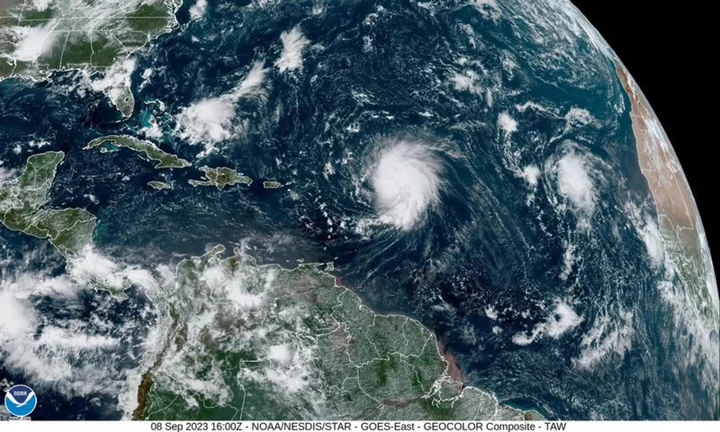
Hurricane Lee expected to move north of Puerto Rico but still dangerous
WASHINGTON (Reuters) -Hurricane Lee, a powerful Category 3 storm, was expected to move well north of Puerto Rico and the
2023-09-10 04:56
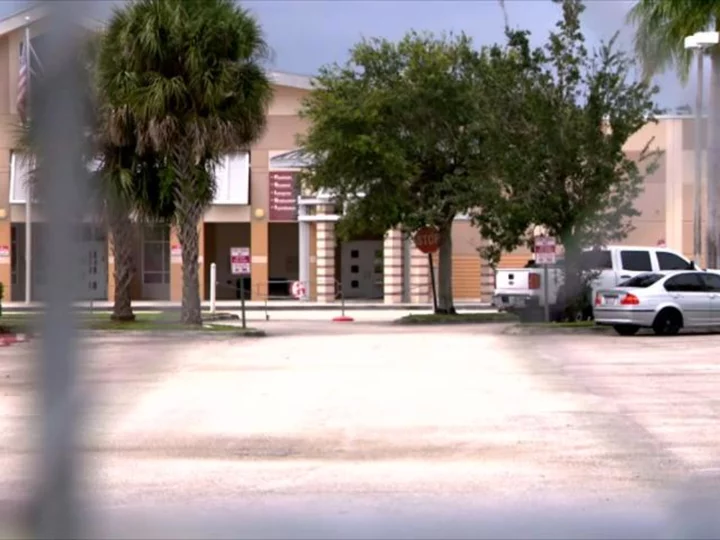
5 Palm Beach County school employees arrested for alleged failure to report student's sexual assault
Five Florida school system employees were arrested and charged with failure to report suspected child abuse after being made aware of the alleged sexual assault of a 15-year-old student in 2021, according to criminal complaints in the case.
2023-07-28 02:51

Ukraine expects difficult but successful talks in Saudi Arabia
Talks starting Saudi Arabia this weekend to find a peaceful settlement to end Russia's war in Ukraine will
2023-08-05 12:17
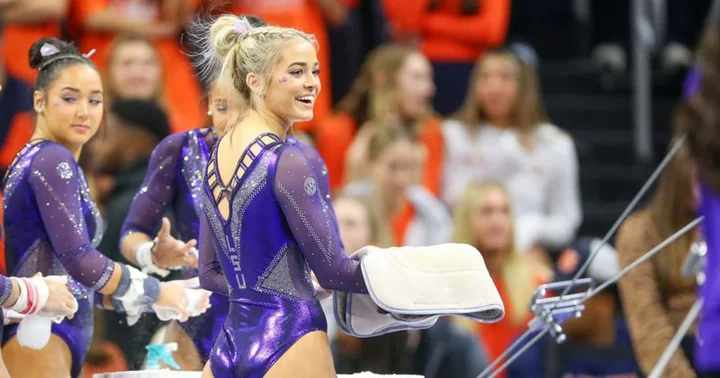
Olivia Dunne attends LSU College World Series game and signs autograph for old man, fans call him 'new Drip King'
Olivia Dunne was spotted in Omaha at the College World Series cheering on her school
2023-06-20 16:50

Cash boost makes Sydney's The Everest world's second-richest horse race
Sydney's racing flagship The Everest boosted its prize money Sunday to Aus$20 million (US$13.4 million), becoming the world's second-richest thoroughbred race...
2023-06-25 11:28

Nigeria's suspended cenbank governor to face fraud charges on Thursday
By Camillus Eboh ABUJA Nigeria's suspended central bank governor Godwin Emefiele will appear in a high court in
2023-08-17 00:55

Red Bull’s Max Verstappen expects return to winning ways in Japan next week
Max Verstappen believes he will be back on top at the Japanese Grand Prix following Red Bull’s off-colour showing in Singapore. Red Bull have ruled the Formula One roost all year – with 14 victories from 14 prior to Sunday’s round in the city state, while Verstappen had been unbeaten in his last 10 appearances, setting a new record of consecutive wins along the way. But the Dutch driver and Red Bull finally met their match at the unique, low-speed, high-downforce Marina Bay Circuit. Verstappen qualified 11th before driving back to fifth, taking the chequered flag 21 seconds behind Ferrari’s Carlos Sainz – the Spaniard becoming the first non-Red Bull winner of the year. However, Verstappen, victorious at 12 of the 15 rounds so far, expects the fast-flowing Suzkua track will see him return to winning ways. “Yes, that is the target,” he said. “This track is so different to Suzuka and it doesn’t relate. “We have learned a bit from today, and have a few ideas with what we got wrong yesterday. I cannot go into details but I feel good about Suzuka.” Verstappen finished three places ahead of team-mate Sergio Perez to extend his championship lead from 145 points to 151. Verstappen can no longer secure his third world title at next weekend’s race in Japan, with the Qatar Grand Prix on October 8 a possible destination for his coronation. Red Bull’s failure to win ends their bid to become the first team in history to go through a season unbeaten. “We never expected it,” Red Bull team principal Christian Horner said. “To have got through 14 races, in multiple conditions, is beyond our wildest imaginings. It is a hell of a run. “We knew it had to come to an end at some point. Max has won 10 in a row and that is insanity. “The only driver who has done nine is Sebastian (Vettel) in one of our cars so to have the first and second most winningest drivers in F1 is great – even if statistics apparently don’t matter. This kind of dominance is testimony to everyone involved.” Read More Charity boss speaks out over ‘traumatic’ encounter with royal aide Ukraine war’s heaviest fight rages in east - follow live Lance Stroll to sit out Singapore Grand Prix after huge crash in qualifying ‘You can forget about that’ – Max Verstappen rules out another win in Singapore Lance Stroll crashes into barrier at 110mph in Singapore Grand Prix qualifying
2023-09-18 02:27
You Might Like...
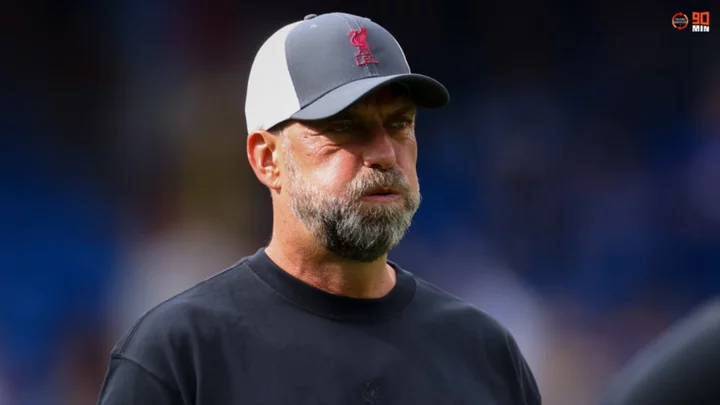
Liverpool's plans to bring in new midfielder after Moises Caicedo & Romeo Lavia deals collapse
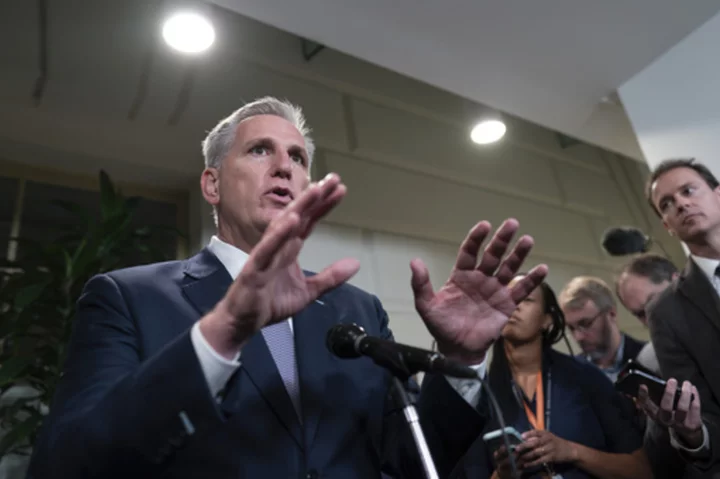
On the brink of a federal shutdown, the House passes a 45-day funding plan and sends it to Senate

MLB Rumors: Yankees, Astros set for trade showdown for big-name bat
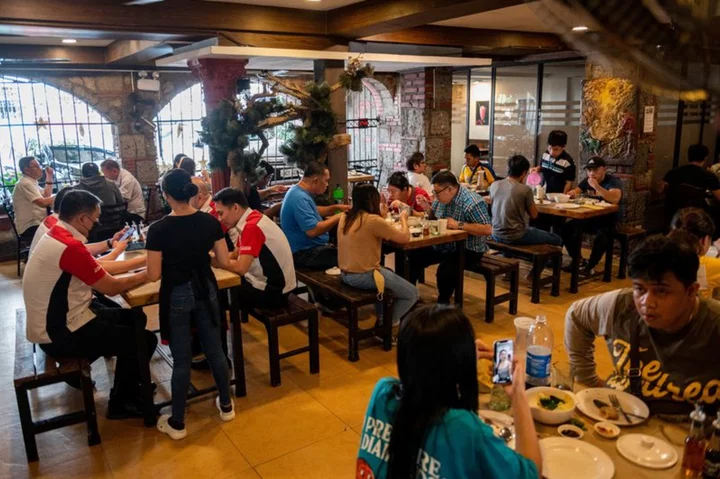
Philippines inflation unexpectedly quickens to 5.3% in August

Israeli military raid in the occupied West Bank kills a Palestinian man

Pochettino aims to avoid a 'mess' as Chelsea eye more new signings

Wagner mercenary boss says Russia bombed his troops
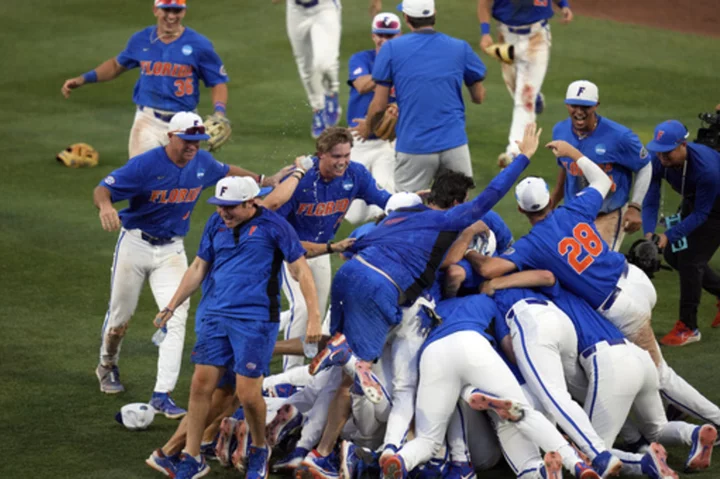
Florida, TCU clinch College World Series bids; Wake Forest, Virginia, Texas, Oral Roberts post wins
